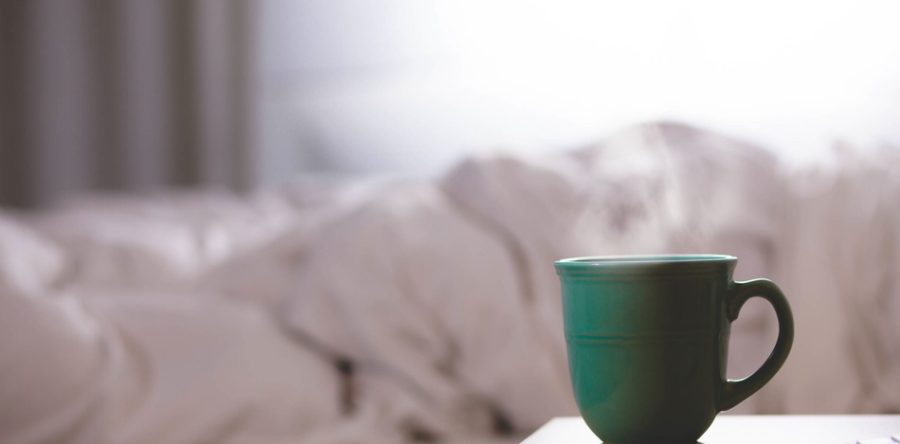A couple of of my bosses have advised me to "just go to bed earlier" as have many other people. Although most mean well, it's frustrating to hear and challenging to respond to diplomatically. If I could go to bed and fall asleep earlier, wouldn't I just do it?
Early bird colleagues and friends can make late risers feel inferior fairly easily. After all, rising late is widely considered a moral failing - a culpable lack of willpower - like gluttony or infidelity. During the 2016 presidential Republican primaries, an article in the Washington Post described Ted Cruz's night owl tendencies and how his late hours and avoidance of morning commitments were a nuisance to his staff. New York City Mayor Bill de Blasio has received similar criticism.
Society celebrates the early bird. Even in today's world of ever-increasing telecommuting and flex-time schedules, the early riser who's the first one in the office makes a positive impression - and it's an easy way for management and co-workers to keep score. I've had jobs where those who come in later and stay later aren't held in the same esteem as their earlier-in-the-day colleagues. If the boss and most employees work 8 to 5 and you work 10 to 7, you still "got in late" - despite working the same amount of hours.
In today's world, I would advise a young person with extreme DSPD (defined as someone who is unable to fall sleep before 2 am) to pick their profession wisely. They cannot thrive in a competitive office environment such as a law firm or ad agency with its expected early start times. Although there's been lots of research suggesting that flexible work schedules makes employees more productive, more creative and more loyal, I find it difficult to believe they could gain traction across all industries.
When I was 23, I applied and was offered a paid internship at the San Francisco Chronicle, which was a highly coveted position for a recent college graduate. I declined the position because of its 8 am start time. My friends thought I was crazy. Explaining that my late chronotype was hardwired into me - that when I fall asleep is completely out of my control - was impossible. It was the beginning of me realizing just how difficult it is to not just live with DSPD but to cope with its myriad of challenges - from work to relationships.
Depending on one's aspirations, the idea of becoming a contractor or freelancer can be a hard pill to swallow. That's the path I was forced to go down at age 30, when my body decided it could no longer tolerate a combination of multiple sleep medications and only five or six hours of sleep per night EVERY weekday night. As a contractor, a boss CANNOT dictate when and where an employee works (legally, although there's pressure to conform to how the company operates). A contractor doesn't receive raises, get promoted, have paid time off or any job security. That's been a trade-off I've been willing to make at times for my health and sanity.


